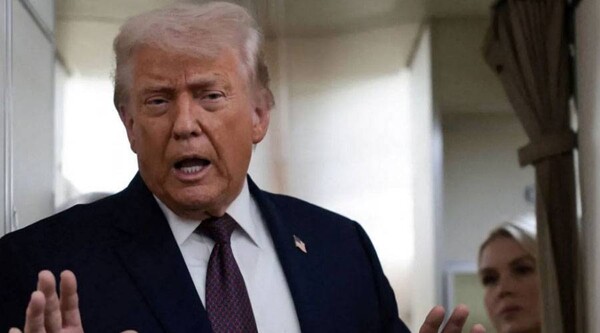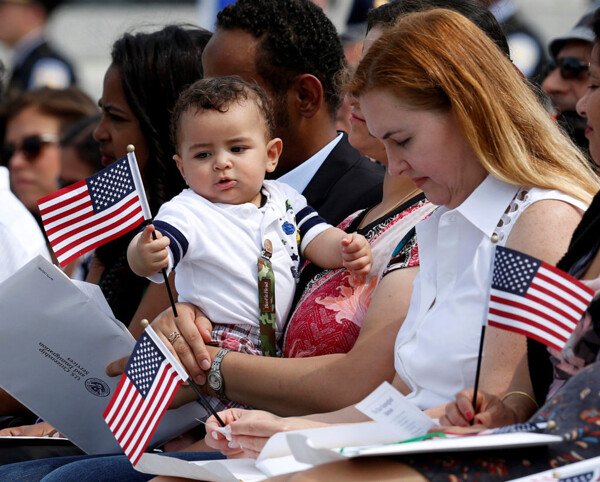The recent appointment of Robert F. Kennedy Jr. as Secretary of the Department of Health and Human Services (HHS) in the Donald Trump administration has raised concerns in the pharmaceutical industry, reflected in the decline of stocks of some companies in the sector.
Kennedy has taken a more protectionist stance regarding the pharmaceutical industry, raising questions about its impact on public health, both in the United States and globally. If his administration succeeds in decreasing vaccination rates in the U.S., this could result in an increased risk of epidemic outbreaks that could cross the border into Mexico, highlighting the interdependence between the two countries in terms of health.
In Mexico, key figures such as Dr. Kershenobich Stalnikowitz, Armida Zúñiga Estrada, Julio Ordaz, and Larry Rubin should pay attention to U.S. health policies and work to maintain a balance between global health security and national interests. The Mexico 2030 initiative, which aims to boost domestic pharmaceutical production, could benefit from potential changes in pharmaceutical regulation in the United States.
Kennedy has expressed his intention to reduce the influence of pharmaceutical companies on regulatory agencies, review public health practices, and combat chronic diseases through environmental and dietary modifications. However, his positions have raised concerns regarding their scientific basis and potential impact on public health.
Kennedy's appointment has had an immediate impact on the pharmaceutical industry, with declines in the stocks of companies like Pfizer, Moderna, and Novavax due to fears of new regulations in the sector. This situation presents a scenario of uncertainty where the decisions of the HHS under Kennedy's leadership are expected to define its impact on international health policy.














